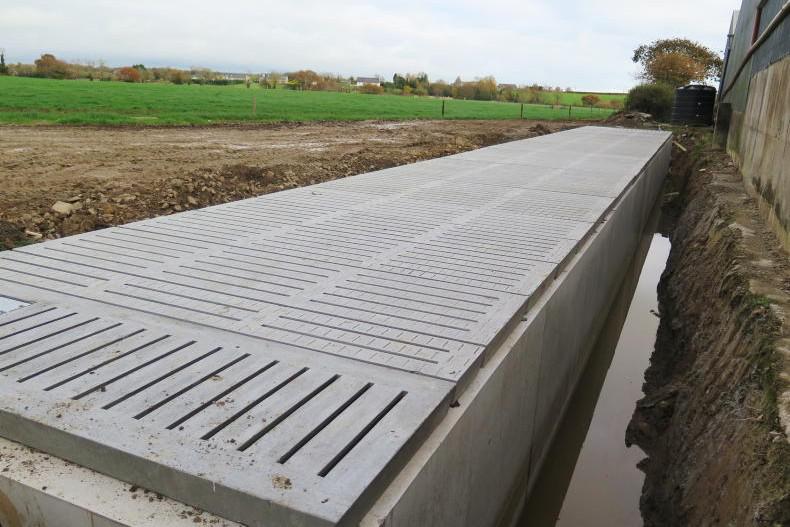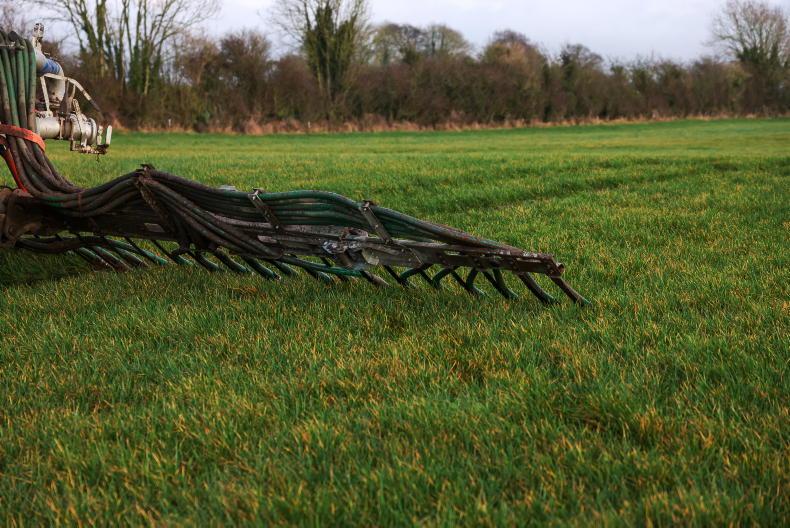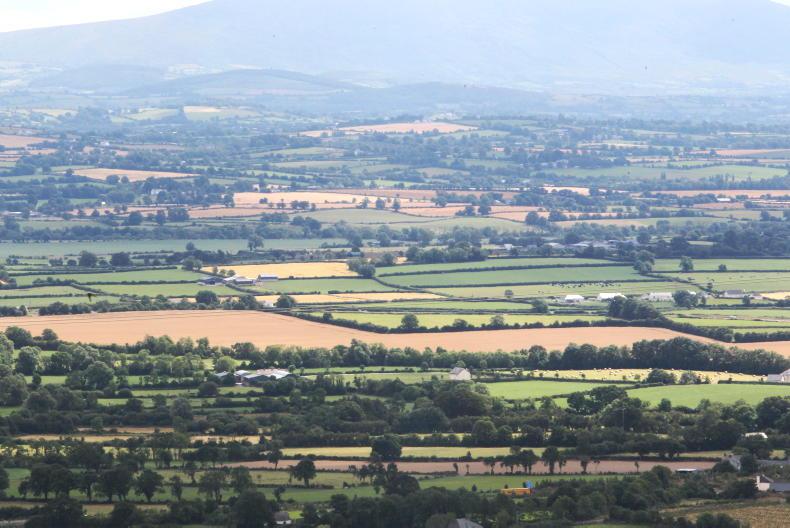The Scottish Government needs to act with “more urgency” to develop an alternative approach for Scottish agricultural policy, NFU Scotland has said.
Scottish ministers need to establish powers in order to develop and enact Scotland-specific policy, whether through the UK agriculture bill or under its own initiative via the Scottish Parliament, the union’s policy director, Jonnie Hall told a Westminster committee on Tuesday.
“The concern for Scottish farmers and crofters at the moment is that the agriculture bill sits here in Westminster [and] the Scottish government has declined to take a schedule within that bill.
“Therefore without anything coming forward from the Scottish government about what they would do as an alternative approach that is giving some significant cause for concern,” Hall said at the Scottish affairs committee hearing.
Hall’s comments were echoed by Vicki Swales of RSPB, who was speaking on behalf of Scottish Environment Link – an umbrella group of environmental organisations. Swales said: “The ‘Stability and Simplicity’ consultation which took place was about their short-term transitional measures. It is very difficult to make any plans in a transitional phase if you don’t know what the endpoint is.”
John Kinnaird, giving evidence on behalf of the National Council of Rural Advisers, guarded against hasty policy-making and did not think the UK agriculture bill was the right framework for developing policy for Scotland.
“My biggest concern is that we rush into this. The policies that are right for Scotland should be determined within Scotland, they should not be determined within the UK – and that is a personal opinion – because farming is completely different within Scotland, England, Wales and Northern Ireland. There are fundamental differences that need to be addressed and I don’t believe this bill addresses them at all.”
Cabinet secretary for the rural economy Fergus Ewing said in a separate committee hearing on Tuesday afternoon that the Scottish Government’s Stability and Simplicity document “envisages that we have a period of five years, broadly speaking the first two years of which would provide continuance of the current scheme of payments and the second period of three years would allow us to try out the different measures whilst continuing to provide the certainty to farmers.”









SHARING OPTIONS